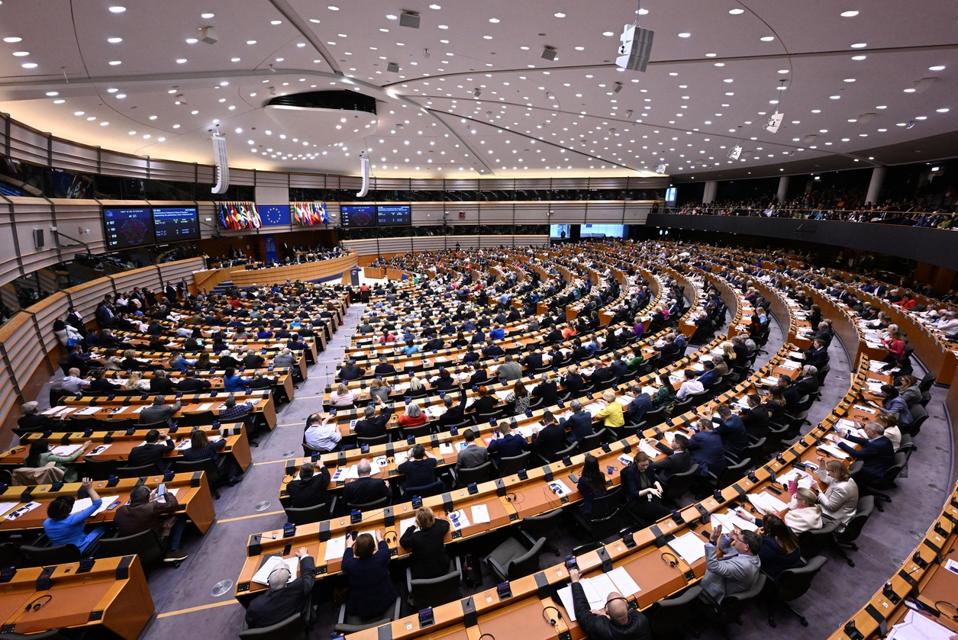On April 26, the European Parliament approved the Corporate Sustainability Due Diligence Directive, moving it one step closer to formal adoption by the European Union. The CSDDD creates a legal liability for companies relating to environmental and human rights violations within their supply chain. To reach an agreement, the final CSDDD was significantly watered-down from the initial proposal.
As the name implies, the CSDDD, also called the CS3D, establishes a corporate due diligence standard on sustainability issues for businesses operating in the EU. In this case, sustainability most directly applies to environmental concerns, climate change, and human rights.
The new due diligence requirements apply not only to the direct actions of the company, but also to their subsidiaries and supply chain. EU based companies, as well as non-EU companies that conduct a set level of business in the EU, could become liable for the actions of their suppliers.
The final draft of the CSDDD, released on January 30, initially appeared poised for easy approval. However, that support quickly eroded, leading to 45 days of closed-door negotiations, false starts, and political pressure that was an emotional rollercoaster for sustainability advocates. The Council eventually approved a watered-down version of the directive on March 15.
Originally, the CSDDD impacted companies with 500 employees and a turnover of €150 million. Those numbers have been raised to 1,000 employees and a turnover of €450 million.
The CSDDD will be phased in over five years. Companies with 5,000 employees and €1,500 million turnover will be impacted in three years. Companies with 3,000 employees and €900 million turnover will be impacted in four years. Companies with 1,000 employees and €450 million turnover will be impacted in five years.
The approval by the Parliament on April 26 was the next major hurdle. The CSDDD has one more stop for approval. Once adopted by the EU, member states will have two years to implement the directive at the national level.

